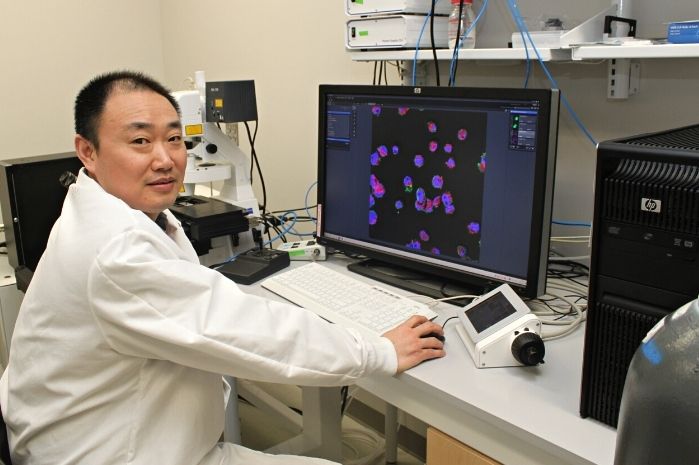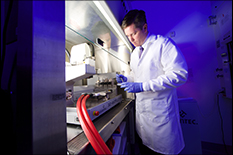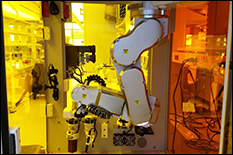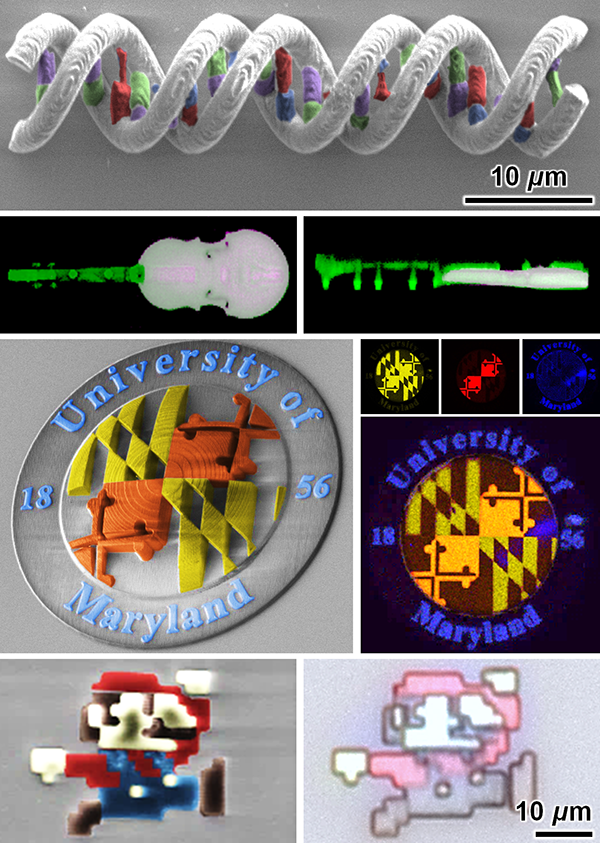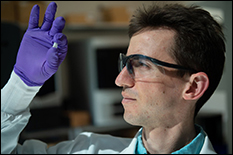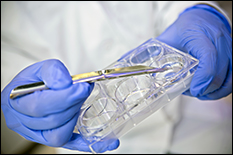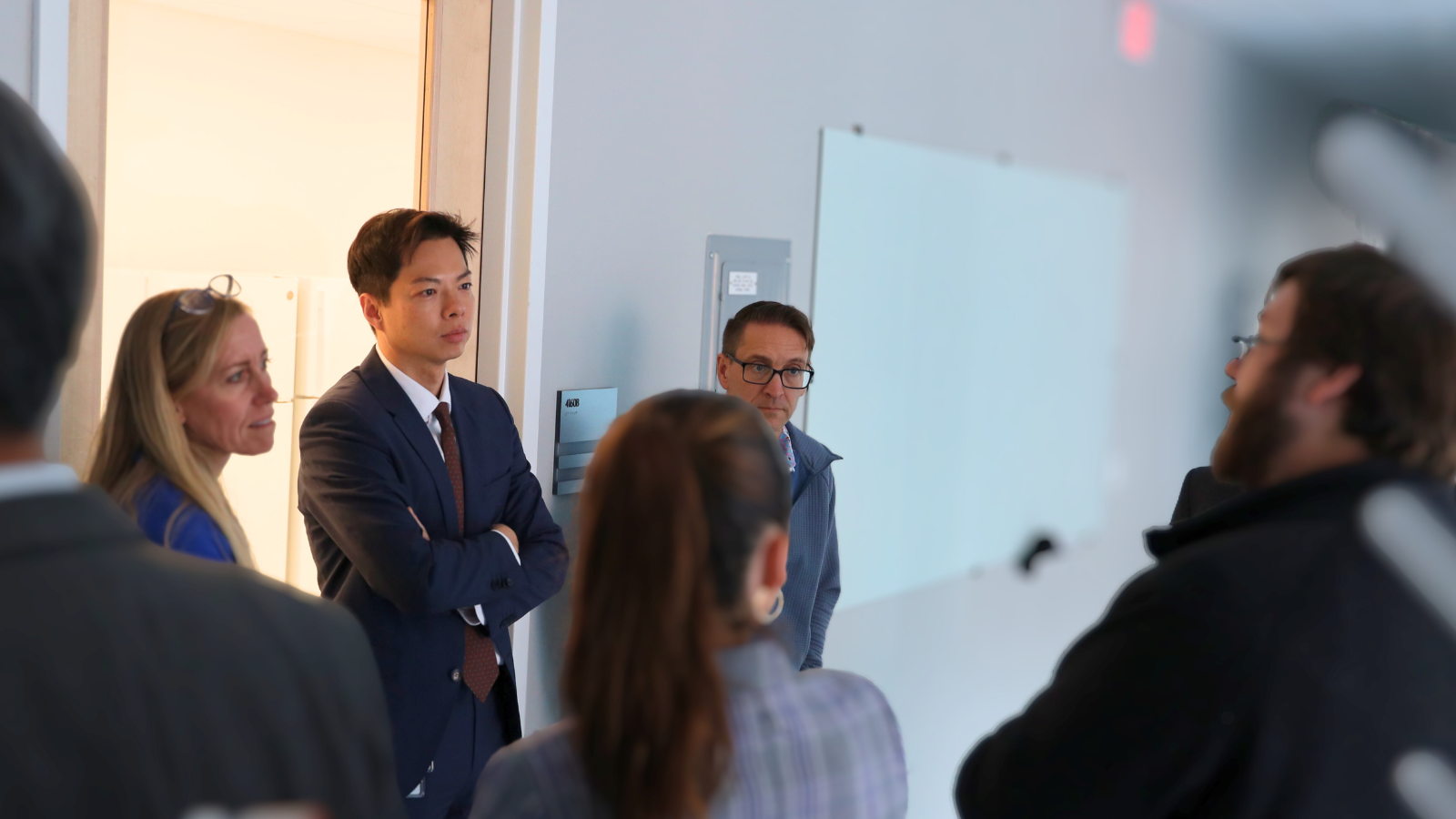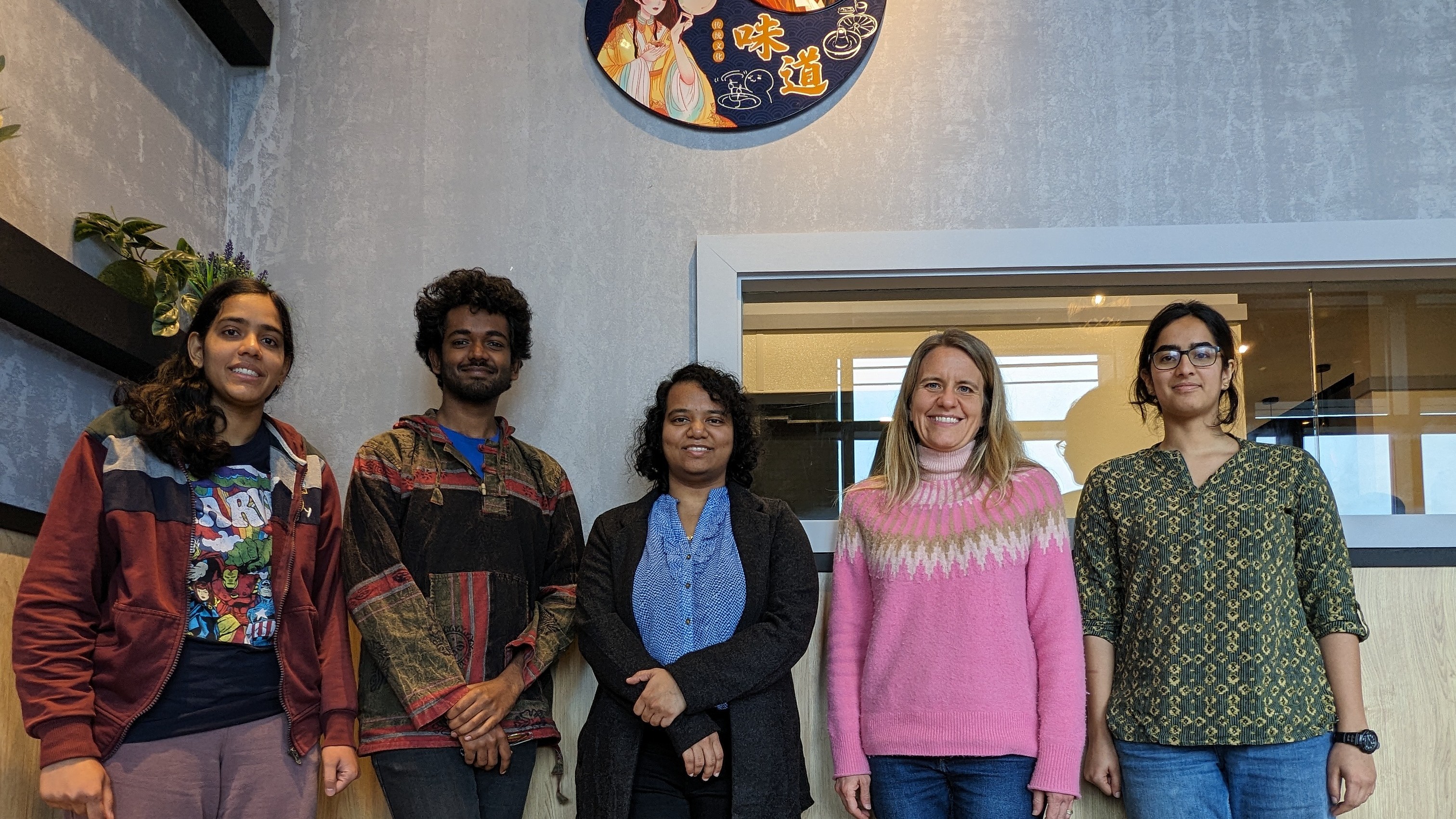News Story
CECT Hosts 3D Bioprinting Workshop at the University of Maryland
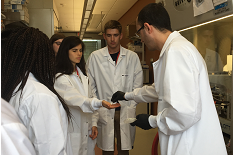
On June 8, 2018, the NIH/NIBIB Center for Engineering Complex Tissues (CECT) hosted a 3D Bioprinting Workshop at the University of Maryland’s (UMD) A. James Clark Hall, home to the Fischell Department of Bioengineering (BIOE). The workshop consisted of lectures, discussions, and tours of various labs and facilities.
Organized by CECT Assistant Director Bhushan Mahadik, the workshop covered topics ranging from the basics of tissue engineering and regenerative medicine, to important aspects of the 3D printing process, and various considerations for creating a successful 3D-printed component. The workshop drew a 30 undergraduates, graduate students, and postdocs.
“The workshop served as a great opportunity to demonstrate the capabilities and applications of bioprinting. Moving forward, CECT hopes to partner with a wide variety of investigators who are interested in applying bioprinting strategies to their work.”
John Fisher, CECT Director
Participating students had the opportunity to engage in case studies, networking, round-table discussions, and question-and-answer sessions with the CECT researchers. Max Lerman, a member of BIOE Chair and CECT Director John Fisher’s Tissue Engineering and Biomaterials Lab, walked through the 3D printing process, including CAD design, material selection, and case studies on stereolithography-based printing. Similarly, fellow lab member Sarah Van Belleghem demonstrated extrusion-based 3D printing with practical examples. Participants then toured the lab, where they watched live demonstrations of two 3D printers – EnvisionTEC Bioplotter and EnvisionTEC Perfactory 3DSP. Additional demonstrations and tours took place at UMD facilities including the Maryland NanoCenter and Terrapin Works. The event concluded with a webinar presentation from Advanced Solutions Life Sciences, in which representatives of the company showcased their latest 3D printing technologies.
“The workshop served as a great opportunity to demonstrate the capabilities and applications of bioprinting,” Fisher said. “Moving forward, CECT hopes to partner with a wide variety of investigators who are interested in applying bioprinting strategies to their work.”
For more information about upcoming CECT events please visit the CECT website.
Published July 18, 2018

